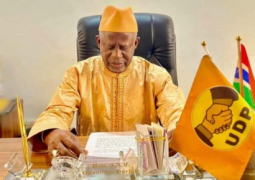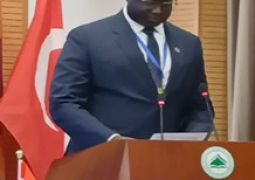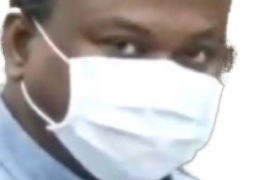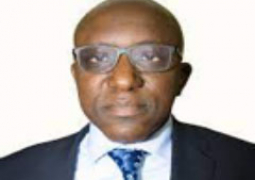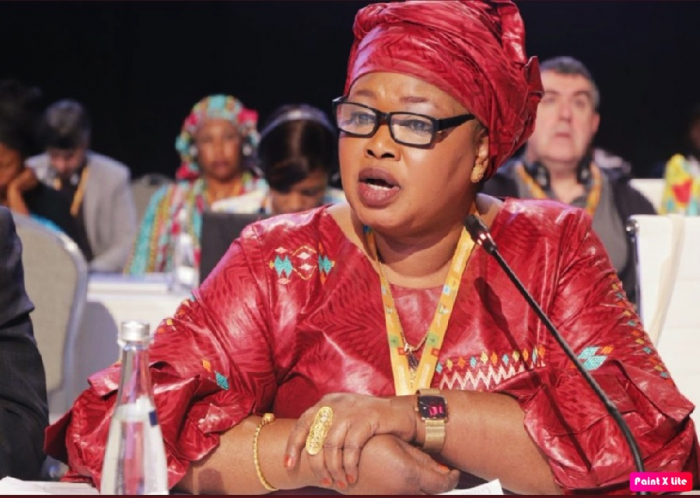
Over the years, the organisation has established a strong reputation for delivering essential development services directly to its beneficiary communities. This is especially impactful in rural areas, where access to basic necessities, such as clean and potable drinking water, had been a significant challenge.
Rafela has become a household name across the nation, having successfully drilled over 20 boreholes in various locations, including Foni Bajana, Sohm, Jarra Sukuta, Jarra Toniataba, Banjulinding, Wellingara, and Jarra Darsilameh, Njayen Sanjal, Kerr Mbemba, Alatuntou among others. Officials highlight that these communities have been severely affected by a critical water shortage, compelling residents to resort to drinking contaminated water with visible particles.
Beneficiary communities that spoke with our reporter highlighted the profound impact the organisation has had on their lives, particularly through the provision of clean water. However, despite this valuable assistance, some communities are urging the organisation and its donors to enhance their support for Gambian communities in order to tackle their most pressing challenges.
The 10 million dalasi grant, as announced by Mayor Lowe, is allocated for various climate action initiatives.
Banjul Mayor Roheyatou Malick Lowe, the President of Refala, responded to this development by emphasising her organisation's steadfast commitment to not only contributing to national development but also addressing the challenges Gambians face.
“Refala has made a significant impact on the lives of Gambians by providing essential development initiatives. These include access to clean and safe drinking water, scholarships for deserving students in need, and advocacy for increased women's participation in politics and efforts to combat climate change, providing women with milling machines, among other crucial issues.”
“Rafela is dedicated to enhancing the government's efforts as we tackle the challenges facing our country. I would like to extend my heartfelt gratitude to our donors, who are the foundation of all our developmental initiatives," she said.
When asked about the impact of these projects on beneficiary communities, she passionately stated: "These transformative projects significantly change lives, and their effects on the communities cannot be overstated. I can tell you that prior to having boreholes, many of these communities were forced to fetch water from distant areas, which placed immense challenges on the women who struggled to secure this essential resource."
She thus appealed to donors to continue their support for the organisation, driven by the goal of alleviating the challenges rural Gambians face, adding: “My vision is to empower women not only to participate in politics but also to take the lead in the decision-making processes that shape the country’s future.”
Ndey Sohna Jobe, a participant in advocacy training organised by Refala, remarked: “I had never engaged in politics in my country, and I had never even cast a vote. It pains me to see women consistently marginalised in decision-making processes. However, after receiving this training, I have not only become actively involved in politics but I am also actively pursuing leadership positions.”
Omar Njie, a beneficiary of the Refala project, stated: “Thanks to this initiative that we have initiated a significant cleaning campaign in Banjul, the capital city of our country. The city is now remarkably clean. In fact, the president has recognised its cleanliness at various gatherings.”


